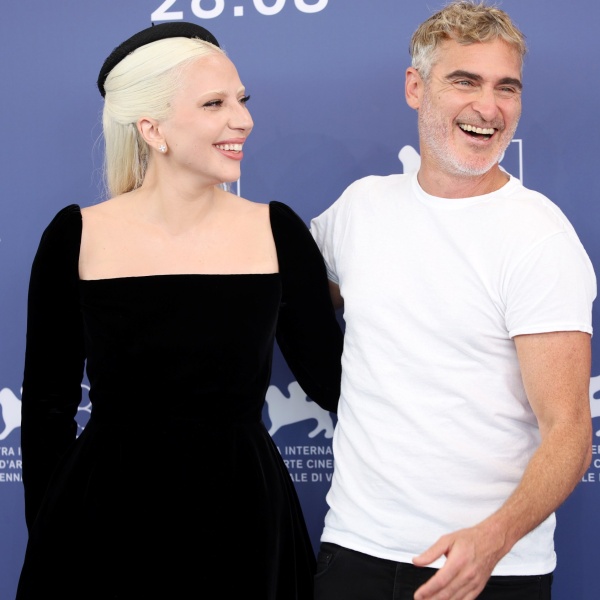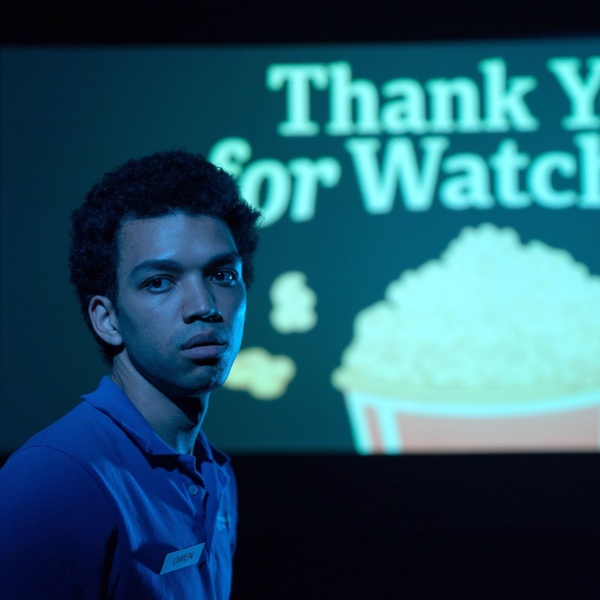Women don’t have it easy in Hollywood. And they didn’t back in the ’80s when former New York Times Magazine editor Lynda Obst got her start as a producer. As famously chronicled in her 1996 book “Hello, He Lied — and Other Truths from the Hollywood Trenches,” she sold her first movie “Flashdance” (1983) to Dawn Steel at Paramount, only to have the newly minted production team of Don Simpson and Jerry Bruckheimer take over along with all the credit for its breakout success. Still, it was a winner for the Associate Producer, and she was on her way.
Always a heavy smoker, Obst passed away at age 74 from COPD (chronic obstructive pulmonary disease). She was devoted to her family, including her brother, agent Rick Rosen, and son Oly, a producer/manager, whom she has described as “my confidant and best friend.”
“She was a trailblazer for women in the industry at a time when it was very difficult for women to have prominent roles,” said Rosen. “She was passionate about her work but even more passionate about her family.”
Obst was known for putting together what they used to call women’s pictures — “How to Lose a Guy in 10 Days,” “Hope Floats,” and Nora Ephron’s “Sleepless in Seattle” and “This is My Life.” With longtime producing partner Debra Hill, she produced “Adventures in Babysitting,” “Heartbreak Hotel,” and “The Fisher King.” But she also produced Bob Zemeckis’ big-budget sci-fi epic “Contact,” starring Jodie Foster, and Christopher Nolan’s “Interstellar,” which she developed for years at Paramount with Steven Spielberg and writer Jonathan Nolan; he showed the script to his brother Chris when Spielberg eventually stepped aside.

Obst was one of those people who loved to share what she knew about Hollywood. Leverage, she believed, was necessary to push any project forward in a negotiation. “Moviemaking is a pragmatic art,” she wrote, “and Hollywood is the kind of place where this phrase is not an oxymoron.”
Quotes like that drove me to call her for intel repeatedly, and I was not alone. She gave good quote — and was often more candid than most. She brooked no fools and told you what she thought. “She understood the BS in this town and was able to laugh at it. She was tenacious and relentless,” Brit producer Cassian Elwes summed up on X.
Given her rare perspective on Hollywood, it was not surprising that she wrote “Hello, He Lied,” which is still assigned to many film students, followed by the prescient “Sleepless in Hollywood: Tales from the New Abnormal in the Movie Business,” in 2013. They are not only chock full of useful wisdom, but they are fun to read.
On the phone, in a meeting, or in her books, Obst had an inimitable voice. She was loud and clear. She represented the producer who would not accept a no and who would always find a way. She was tough: you didn’t want to go up against her. She pushed strong women forward in Hollywood, not only as a role model, but as a force. She will be missed.






